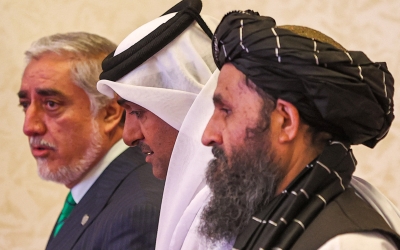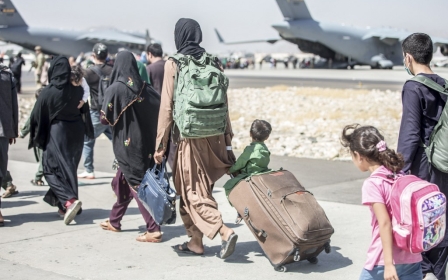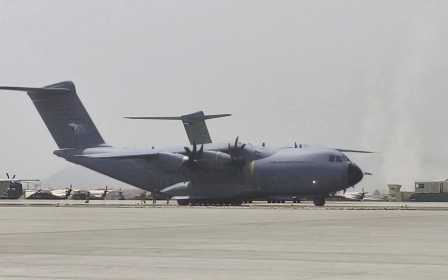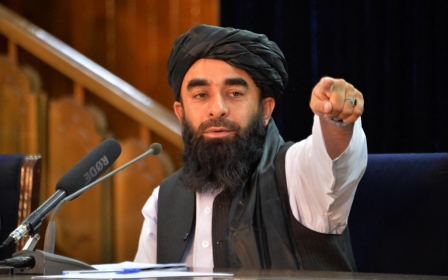Afghanistan: Kabul attack only increases need for Turkish military presence, says official
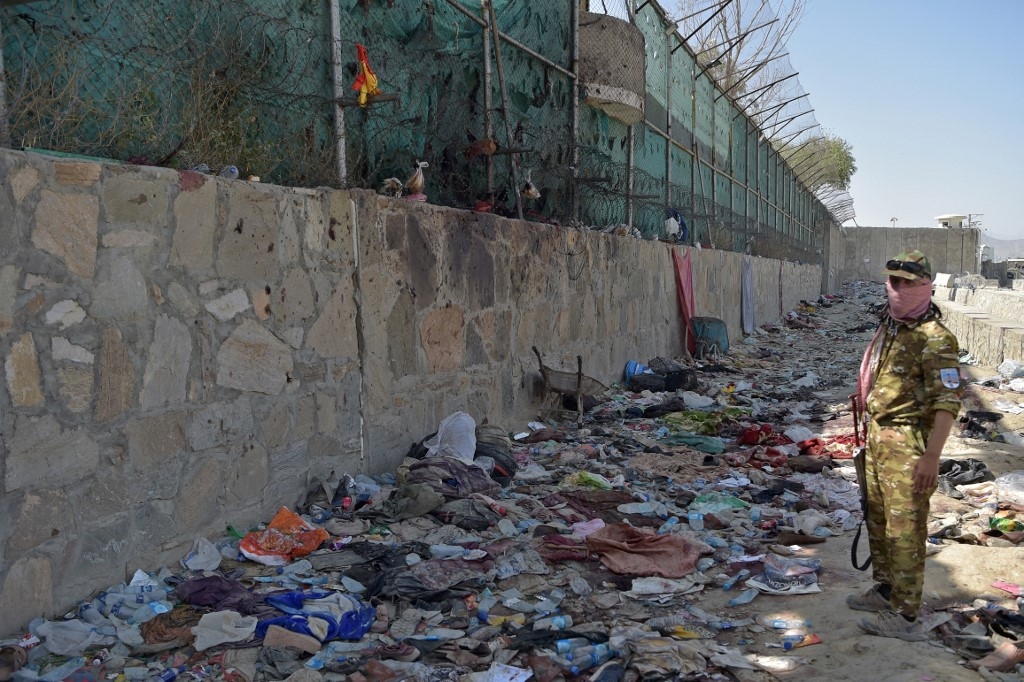
Turkey believes the deadly suicide bombing outside Kabul airport on Thursday has only emboldened its argument to the Taliban that sizable Turkish forces are needed to protect the area in order that the airport can operate smoothly.
Turkey had mostly evacuated its military forces from Kabul airport before the attack, which claimed the lives of at least 110 civilians and 13 US service personnel.
On Wednesday, Turkey decided to withdraw its troops from the airport, after talks with the Taliban leadership failed to produce a deal that would see Ankara continue to station soldiers in Afghanistan following the US pull-out, as it had wished. For weeks, Turkey has been exploring the possibility of securing Kabul airport once US troops left.
Turkish President Recep Tayyip Erdogan said on Friday that Turkish and Taliban officials, with the attendance of ambassador Cihad Erginay, tried to reach an understanding on the issue in a Kabul meeting earlier this week, which lasted for three and a half hours.
“The Taliban offered to provide security but asked us to operate the airport,” he said. “We haven’t made a decision on this, because it is possible to see death everywhere in every moment over there.”
Erdogan said if Turkey had been involved in running the airport and if people died, this could have been associated with the Republic of Turkey’s name.
A senior Turkish official told Middle East Eye that Turkey is still interested in securing the airport, but the deadly attack showed that even running the civilian operations wasn’t possible without sound security.
“The Taliban says it can secure the area, but they don’t have a proper and professional security team. They only have fighters who hold rifles,” the official said.
“This attack is proof that it would be extremely risky to carry on activities in the airport without the presence of the Turkish military and security personnel. And it only strengthened our core argument.”
Turkey continues to keep its embassy in Kabul open, and hasn't evacuated the core of its diplomatic staff, including the ambassador. However, Turkish officials also left a number of special forces in Kabul to protect the embassy, and retain special forces in Islamabad for possible contingencies.
For the past few years, Turkey has been guarding the airport's military section against external attacks. Earlier this summer, Ankara was close to striking a deal with the US to continue the mission - but a sweeping Taliban takeover of the country has changed the circumstances dramatically.
'Without our presence on the ground in Afghanistan, it is hard to foresee an easy way to stop the new waves of refugees'
- Turkish official
Turkish officials have explored ways to maintain their presence in the country by negotiating with the Taliban, in a bid to protect Turkish commercial and political interests.
The official said the presence of Turkish soldiers at Kabul airport could continue to facilitate foreign aid and investment into the country during the transition period, and ensure relative stability in the city.
In recent weeks, the Turkish opposition has piled pressure on the government to do more to stop the arrival of Afghans in Turkey, which hosts around 5 million refugees.
“Without our presence on the ground in Afghanistan, it is hard to foresee an easy way to stop the new waves of refugees,” said the official.
Erdogan said there are currently 300,000 Afghans in the country, more than half of them registered.
Middle East Eye delivers independent and unrivalled coverage and analysis of the Middle East, North Africa and beyond. To learn more about republishing this content and the associated fees, please fill out this form. More about MEE can be found here.


